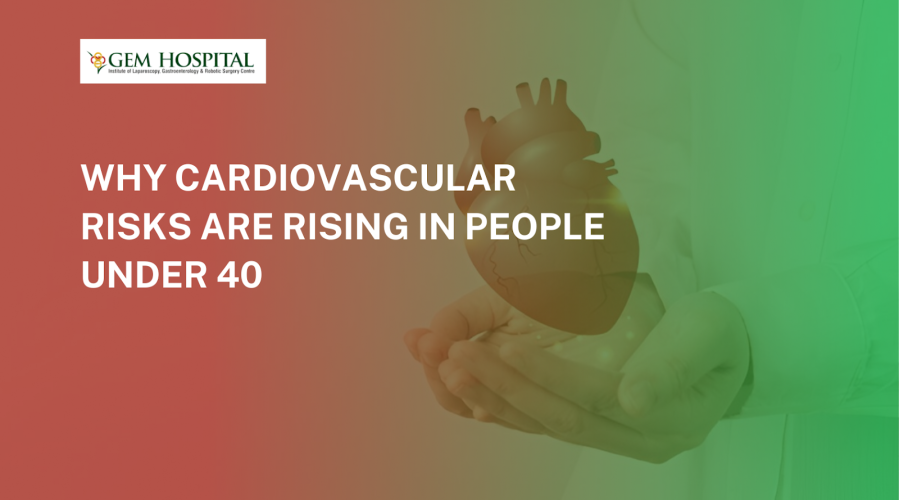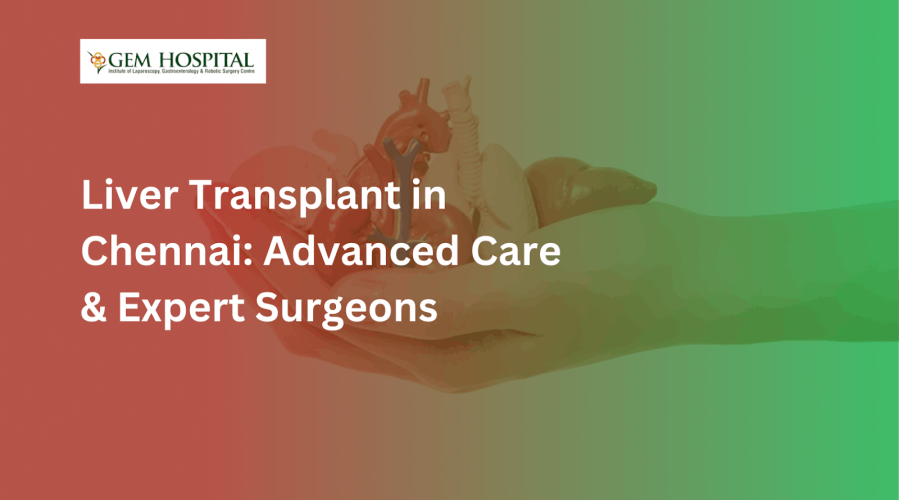Consult experienced hernia doctors in Chennai for expert surgical care. Advanced diagnosis, safe hernia surgery, and faster recovery with specialized treatment.
Why Cardiovascular Risks Are Rising in People Under 40

Heart disease has long been seen as a side effect of aging, but lately there’s been a noticeable uptick in young adults (that is, adults aged 25-40) diagnosed with cardiac health concerns most notably heart disease, many of which were previously rare before age 40. Aspects as varied as lifestyle choices to socio-economic environmental stressors, have all stirred toward an emerging age-related series of events, affecting the youth of today more than previous generations. So, now we really should be paying attention.
A New Generation at Risk
Historically heart disease was relegated to those over 50 years of age. However, an explosion of reports from hospitals and cardiologists worldwide highlight the right significant increase in cardiovascular problems, namely heart-attack events or hypertensive congestive heart failures, examples of heart disease, occurring in those pre-published age risk categories. Young adults (aged (25-40) are now exhibiting signs of cardiovascular disease even earlier, sometimes dismissed symptoms rather than warning signs.
Major Contributors to Early Heart Disease
So, what’s driving this early onset of cardiovascular problems? Several key factors are at play:
1. Sedentary Lifestyles
Today’s young adults are spending more time sitting than ever before whether it be at a desk, in front of a screen, or in a car. The reality is, our lessened daily physical activity is damaging the heart muscle, causing fat accumulation in the arteries, and increasing blood pressure, which leads to issues with the heart.
2. Poor Dietary Habits
Convenience foods which generally contain unhealthy fats like trans fats, salty processed snacks, sugary drinks including energy drinks have been directly linked and scientifically proven to have negative health consequences such as high cholesterol, obesity, or classed as risk factors for heart disease and other conditions affecting young adults.
3. Rising Stress and Mental Health Issues
Chronic stress, anxiety, and sleep deprivation are significant if silent contributors to heart health. Cortisol, the body’s stress hormone, when elevated over long time periods increases blood pressure, but may also be dysregulating the capacity of heart muscle to work properly leading to inflammation of your arteries and a host of cardiovascular issues.
4. Substance Abuse
It's also worth mentioning that increased consumption of both alcohol (3 in 10 adults binge drink), smoking, and even recreational drug use (with marijuana being one of the top 3 consumed substances) in younger populations is also directly related to heart rhythm issues, blood pressure issues, and therefore heart muscle contractility Problems.
5. Undiagnosed or Untreated Conditions
We also educate young adults about practicing preventative health care and even when it comes to their general health. Most young adults believe they do not need to go to their healthcare provider for a regular health check-up because they are too young to start, which is why it is common for adults to only find out they have high blood pressure, diabetes, and even high cholesterol in their 30's and 40's.
6. Family History and Genetic Factors
While lifestyle choices are very important, heart disease, especially in young adults, has the potential to have a faster onset if there is a family history and is not controlled at an early age. When a family history of heart disease is intertwined with lifestyle choices, a fusion of bad choices are readily available.
Hidden Symptoms in Young Adults
One of the scariest aspects of heart disease in younger individuals is how easily symptoms are overlooked. Many assume chest discomfort, fatigue, or shortness of breath are just stress or acidity. In reality, these could be the early warning signs of an underlying heart issue.
Preventive Steps That Can Save Lives
The good news? Most cardiovascular issues in young adults are preventable with timely intervention:
- Annual heart health screenings, including blood pressure and cholesterol checks.
- A balanced diet rich in fruits, vegetables, lean protein, and healthy fats.
- Regular physical activity at least 150 minutes of moderate exercise per week.
- Stress management through techniques like meditation, therapy, and proper sleep.
- Avoidance of smoking, vaping, and excessive alcohol consumption.
- Awareness of family history and early screenings if there's a genetic risk.
Don’t Wait for the Warning Signs
One of the most frightening things about heart disease with younger people is how easy it is for them to entirely miss symptoms. Many will brush off symptoms of chest pain, being tired or minor shortness of breath, attributing it to overall stress or acidity. The reality could be they are heart disease symptoms from the past..
Do not wait for the symptoms to react about your heart health. Heart disease does not wait until an old age to take over, it will take a younger individual with hidden symptoms that effect them at a younger level, and when they present the hidden symptoms of heart disease to their health care provider, it may be too late. If you are under the age of 40, it is time to take charge of your heart health.
At GEM Hospital we have unique preventive cardiology and advanced diagnostics protocols catered to detection and treatment of heart disease and early change interventions for younger people. Do not let a possible hysteria moment be the moment to understand what are warning signs. Even when everything seems fine, little investments on screening today lead to big savings on heart replacement tomorrow.
Contact GEM Hospital to book your heart check-up appointment today to get the first step taken in the right direction to living a heart healthy life.
Blogs & Article
Get advanced liver transplant treatment in Chennai with expert surgeons, modern technology, and comprehensive care for safe and successful outcomes.
Get advanced piles treatment in Erode with expert doctors. Safe procedures, modern technology, and effective care for fast relief and recovery.


